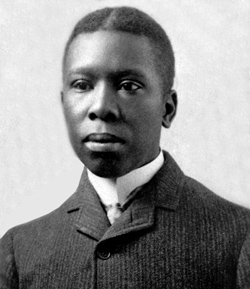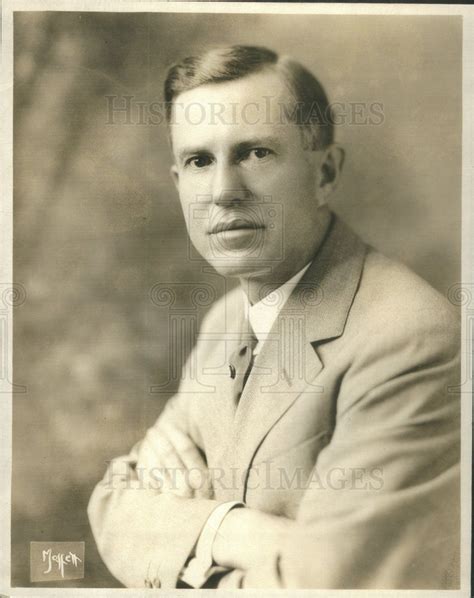A Quote by Alfred de Musset
It was one of those somber evenings when the sighing of the wind resembles the moans of a dying man; a storm was brewing, and between the splashes of rain on the windows there was the silence of death. All nature suffers in such moments; the trees writhe in pain and twist their heads; the birds of the fields cower under the bushes; the streets of cities are deserted.
Related Quotes
The golden line is drawn between winter and summer. Behind all is blackness and darkness and dissolution. Before is hope, and soft airs, and the flowers, and the sweet season of hay; and people will cross the fields, reading or walking with one another; and instead of the rain that soaks death into the heart of green things, will be the rain which they drink with delight; and there will be sleep on the grass at midday, and early rising in the morning, and long moonlight evenings.
The morning is full of storm in the heart of summer. The clouds travel like white handkerchiefs of goodbye, the wind, travelling, waving them in its hands. The numberless heart of the wind beating above our loving silence. Orchestral and divine, resounding among the trees like a language full of wars and songs.
Beauty consists of its own passing, just as we reach for it. It’s the ephemeral configuration of things in the moment, when you see both their beauty and their death. ...Does this mean that this is how we must live our lives? Constantly poised between beauty and death, between movement and its disappearance? Maybe that’s what being alive is all about: so we can track down those moments that are dying.
Children should be encouraged to search out in nature the objects that illustrate Bible teachings, and to trace in the Bible the similitudes drawn from nature. They should search out, both in nature and in Holy Writ, every object representing Christ, and those also that He employed in illustrating truth. Thus may they learn to see Him in tree and vine, in lily and rose, in sun and star. They may learn to hear His voice in the song of birds, in the sighing of the trees, in the rolling thunder, and in the music of the sea. And every object in nature will repeat to them His precious lessons.
When one speaks of increasing power, machinery, and industry there comes up a picture of a cold, metallic sort of world in which great factories will drive away the trees, the flowers, the birds, and the green fields. And that then we shall have a world composed of metal machines and human machines. With all of that I do not agree. I think that unless we know more about the machines and their use, unless we better understand the mechanical portion of life, we cannot have the time to enjoy the trees, and the birds, and the flowers, and the green fields.







































